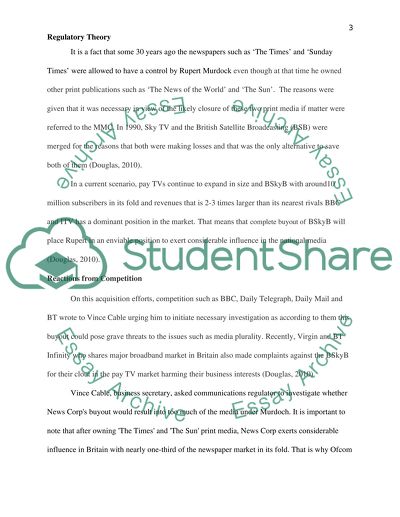Cite this document
(News Corp's Buyout of BSkyB Essay Example | Topics and Well Written Essays - 1750 words, n.d.)
News Corp's Buyout of BSkyB Essay Example | Topics and Well Written Essays - 1750 words. https://studentshare.org/media/1593452-regulatory-theory-cw2
News Corp's Buyout of BSkyB Essay Example | Topics and Well Written Essays - 1750 words. https://studentshare.org/media/1593452-regulatory-theory-cw2
(News Corp'S Buyout of BSkyB Essay Example | Topics and Well Written Essays - 1750 Words)
News Corp'S Buyout of BSkyB Essay Example | Topics and Well Written Essays - 1750 Words. https://studentshare.org/media/1593452-regulatory-theory-cw2.
News Corp'S Buyout of BSkyB Essay Example | Topics and Well Written Essays - 1750 Words. https://studentshare.org/media/1593452-regulatory-theory-cw2.
“News Corp'S Buyout of BSkyB Essay Example | Topics and Well Written Essays - 1750 Words”. https://studentshare.org/media/1593452-regulatory-theory-cw2.


